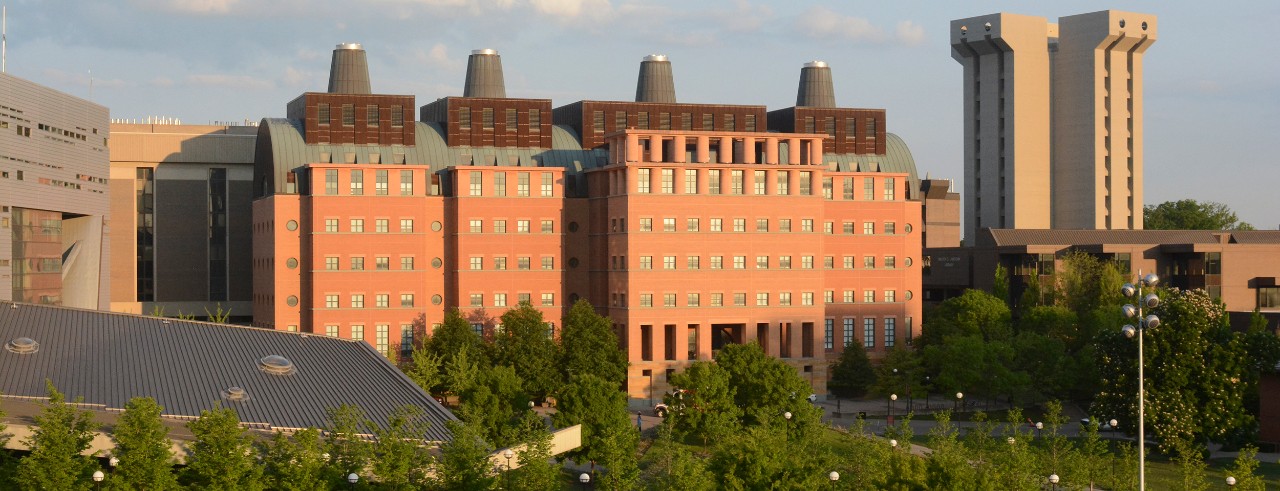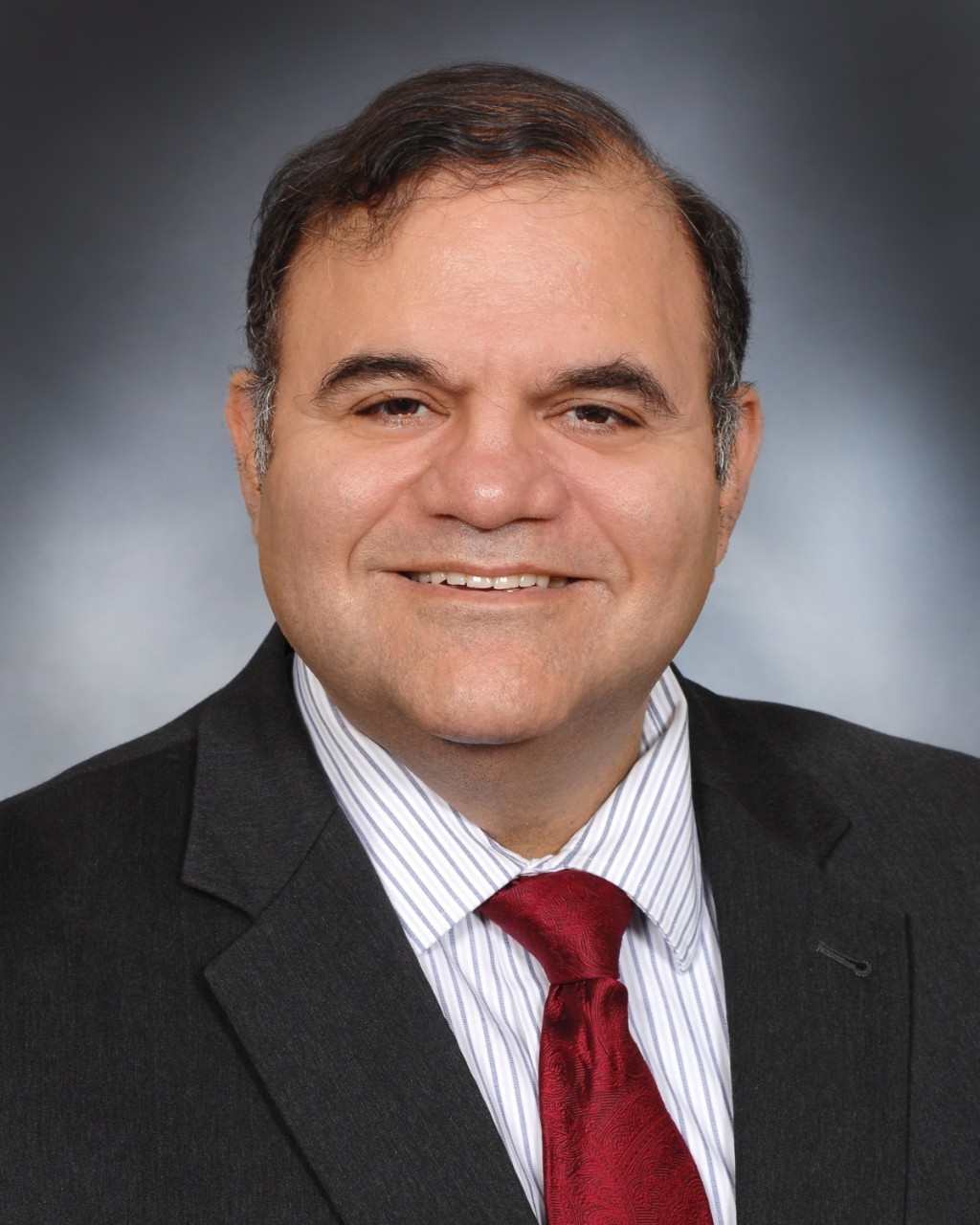
UC Faculty Awards 2021: Kelly Cohen
Engineering professor honored with George Barbour Award for Good Faculty-Student Relations
As professor and interim head of aerospace engineering at UC, Kelly Cohen, PhD, shines his trademark enthusiasm into every corner of the program.
From developing new classes in systems engineering and soft-computing-based artificial intelligence (AI) to launching a new lab forunmanned aerial vehicle (UAV) flight tests, Cohen is always advancing learning and research opportunities.
Though his passion for his field is immense, there is perhaps no greater motivation than his desire to ignite his students’ self-confidence. By encouraging his students’ passions and teaching them the tools they need to tackle a challenge, Cohen helps them flourish.

Kelly Cohen | Photo/UC Creative + Brand.
“I help them in their path of self-discovery, so by the time they emerge from my program, they have the self-belief, confidence and understanding to stand on their own feet,” Cohen said. “Helping them be strong independent people who will succeed — that’s what brings me joy.”
Cohen became a professor at UC in 2007 after more than 20 years working in the aerospace engineering industry. Transitioning to teaching and mentoring came naturally and he credits leadership training from prior roles and the influence of his educators. Cohen quite literally grew up at school — his father was vice principal of a private school in India and the family’s home was located on school grounds. Cohen remains in close contact with his mentors from when he was a graduate student at the Technion, Israel.
Cohen has replicated that same supportive mentor connection as he guides students in their research and academic pursuits. He’s mentored 18 PhD students and 30-plus master’s students.
A prolific researcher, Cohen is a renowned expert in UAVs/drones and fuzzy-logic-based AI. But he lets his research staff and students take the initiative whenever possible.
“He worked tirelessly to assist with obtaining opportunities for research funding and did not hoard success, in fact the exact opposite; he has complete willingness to give his students the spotlight and nurture their work,” said Nick Ernest, Cohen’s former doctoral student and the founder of Psibernetix, a company acquired by Thales that’s based on Ernest’s highly publicized research with Cohen on genetic fuzzy AI that can outsmart combat pilots in simulation.
When his students express an interest or concern, Cohen listens empathetically and then takes action to help. Ph.D. student Rachel Wiggins sought to encourage more women to pursue aerospace and aviation. With Cohen’s support, Wiggins launched the student organization Women in Flight.
The many recommendation letters for Cohen’s award highlight his ability to bring out the best in people.
“All students begin their studies with enormous capacity to create and innovate, but only some develop it fully,” said Javier Viaña Pérez, doctoral student. “Many teachers focus only on education. But sometimes you find a teacher like Kelly Cohen who changes the way you see the world, teaching you in multiple fields of life, helping you to improve as a person, student and engineer.”
Featured image at top of Engineering Research Center/Lisa Britton/UC Creative + Brand
Faculty Awards 2021
The University of Cincinnati will honor 13 awardees in a virtual ceremony at 3 p.m., Thursday, April 22. Join via WebEx.
Related Stories
The burning river that fueled a US green movement
May 5, 2025
An article by the BBC takes the reader back to the late 18th and 19th centuries, when US prosperity was defined by the industrial revolution, a time with little regard for the pollutants that came with industrial expansion. UC's David Stradling, professor of history, cited as expert source in the article.
Growing heart failure epidemic calls for prioritizing primary...
May 5, 2025
A rapidly growing heart failure epidemic calls for prioritizing primary prevention, according to a new scientific statement from the American Heart Association published in Circulation in April. The statement reviews the current evidence for predicting heart failure risk and offers risk-based strategies for heart failure prevention.
Lindner celebrates outstanding faculty, staff
May 2, 2025
The Carl H. Lindner College of Business recognized faculty and staff for garnering college- and university-level accolades and retirements on April 23 at Lindner Hall.
